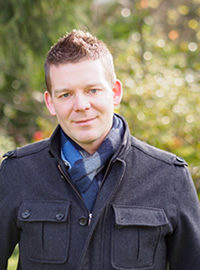
Congratulations to MCB Assistant Professor Stephan Lammel, recipient of the 2019 C.J. Herrick Award in Neuroanatomy! This award from the American Association of Anatomists honors an early-career investigator who has made important contributions to biomedical science and the field of neuroanatomy.
Lammel will be honored at the AAA Closing Awards Ceremony Reception & Dinner in Orlando, Florida, in April 2019.
View all the 2019 AAA award recipients here.
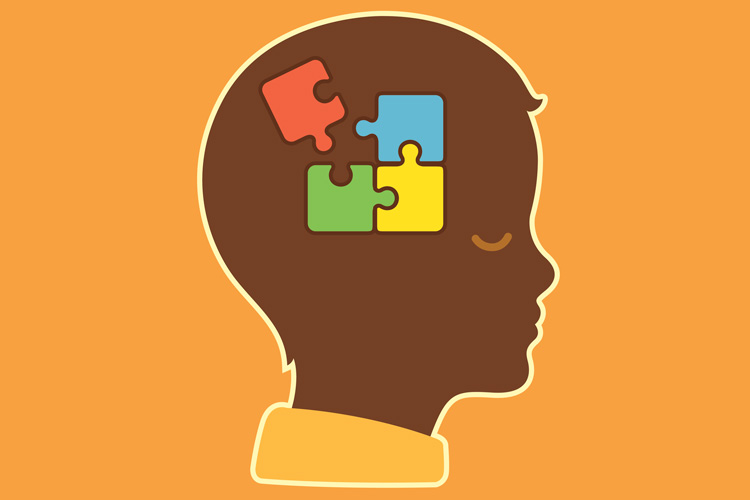
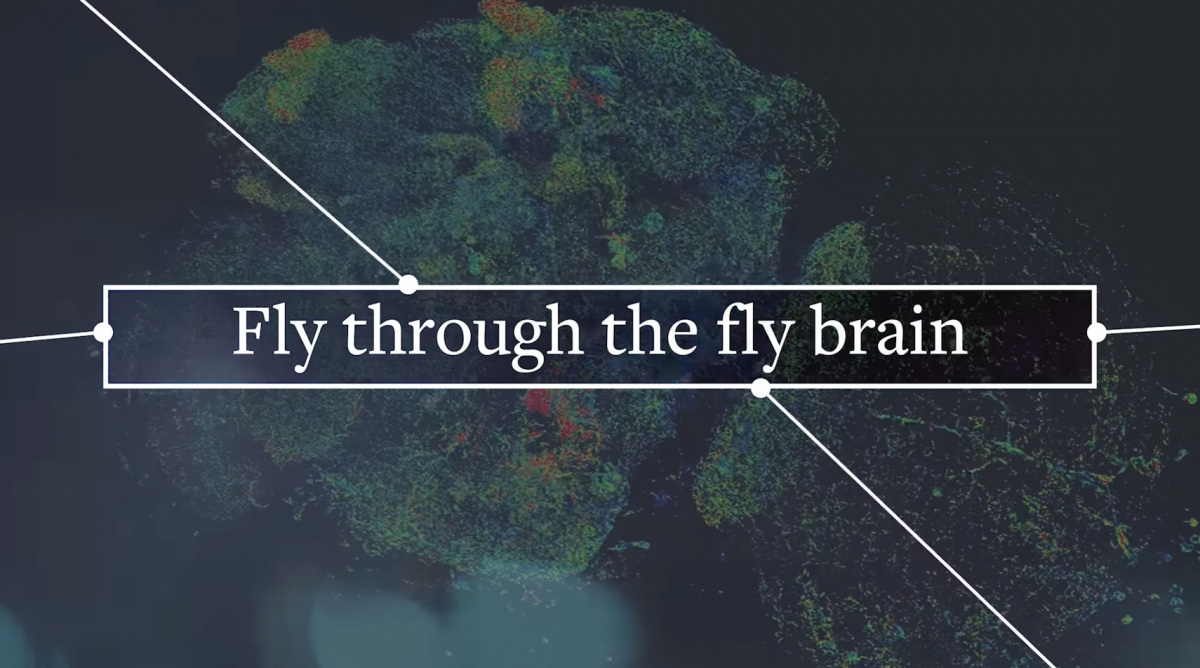
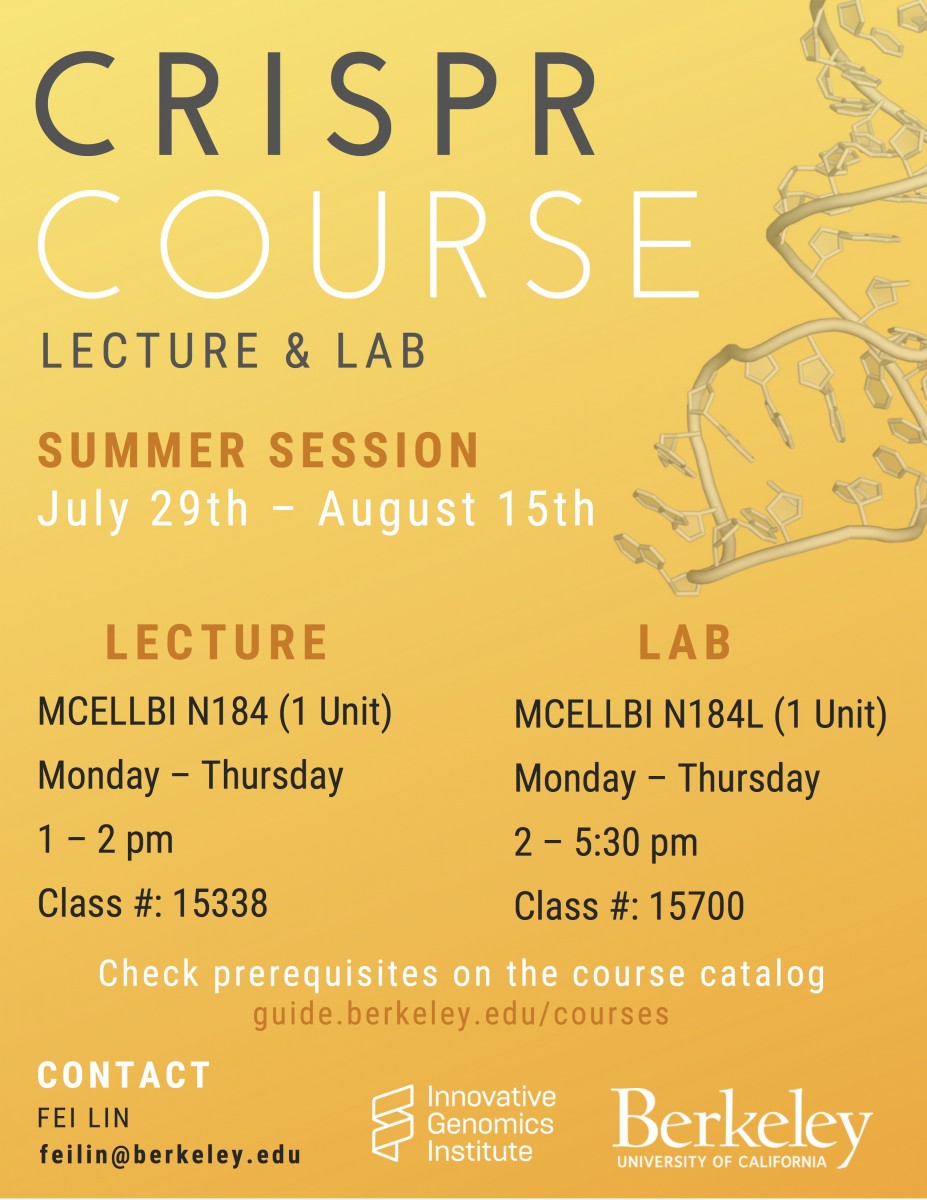
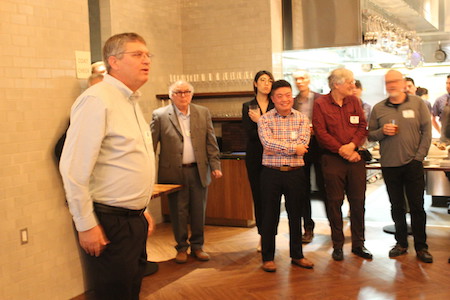
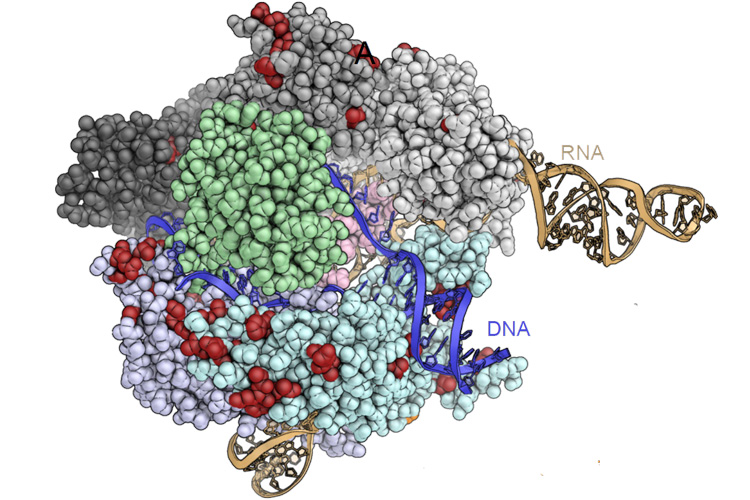
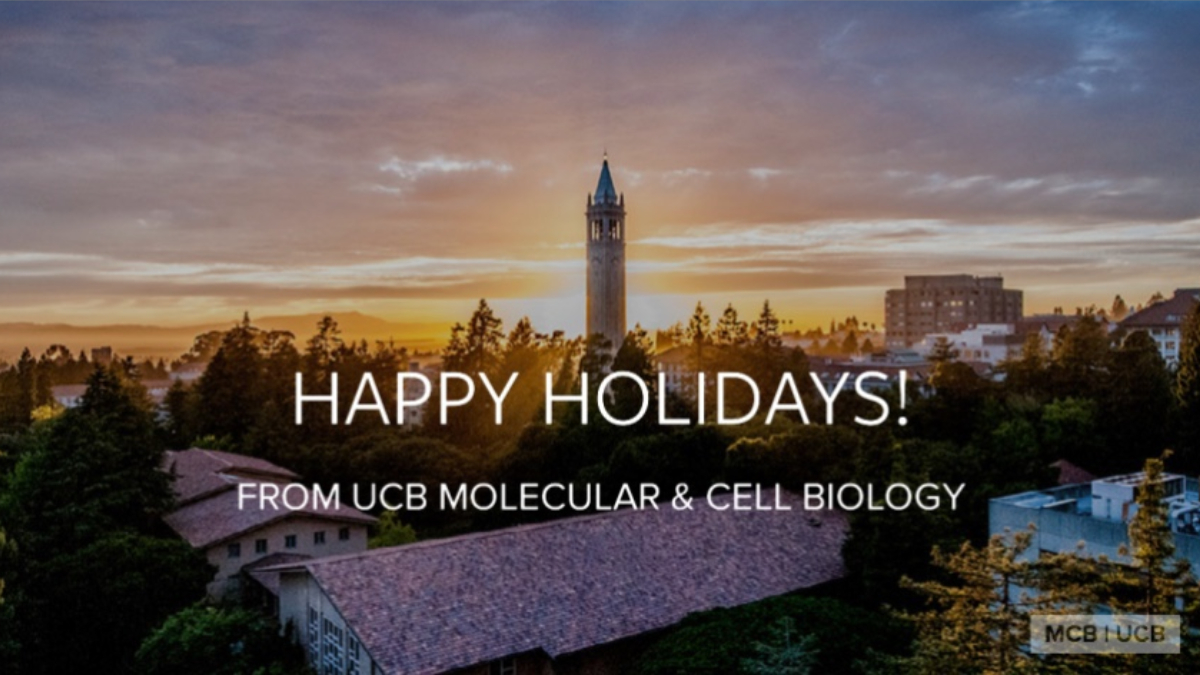
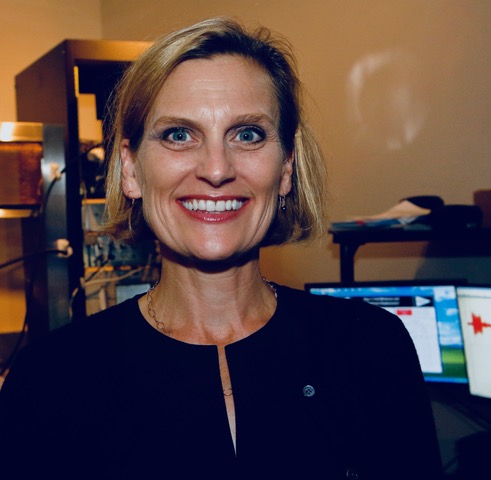 We are excited to announce Ellen Lumpkin will join the MCB faculty in the Division of Cell & Developmental Biology this July.
We are excited to announce Ellen Lumpkin will join the MCB faculty in the Division of Cell & Developmental Biology this July.